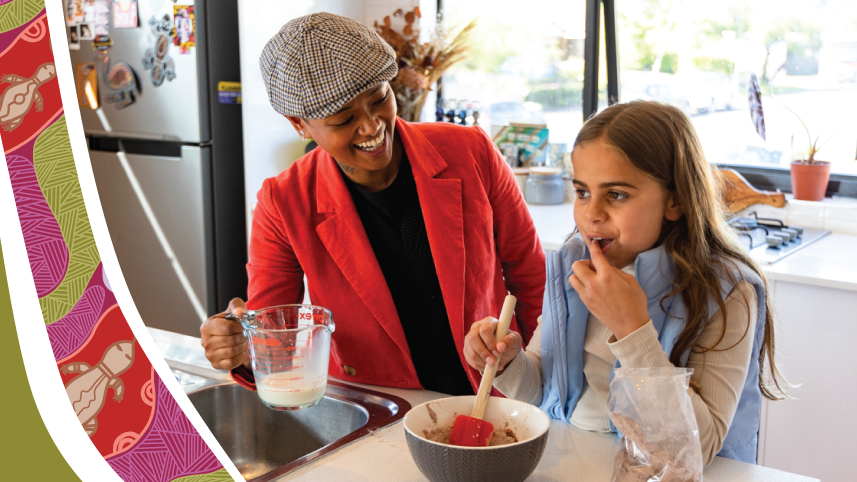Becoming a Foster Carer is a profoundly rewarding experience that has a long-lasting positive effect on the lives of Aboriginal and Torres Strait Islander children and young people who are unable to live at home.
It takes a village
Anyone can become a Carer regardless of age, relationship status, ethnicity, or sexuality. It takes a village to raise a child, and a village is made up of many different types of people. If you have the kindness and compassion to welcome a child into your home, you’re already prepared to make a lasting positive impact on a child or young person’s life.
Our Carers come from all walks of life
We value inclusivity and actively encourage people from all backgrounds to consider caring for a child. Our Carers come from all walks of life – families with children, single people, members of the LGBTIQA+ community, young people, and people of varied cultural backgrounds.
Diversity enriches the fostering experience for both Carers and the children and young people they care for. No matter who you are, if you have the potential to create a safe, supportive environment for a child who is unable to live at home and are passionate about keeping children and young people connected to their Culture and community then you can become a Foster Carer with VACCA.
Ongoing support and training
Each Carer is different, with a unique set of circumstances, skills and experiences. VACCA provides all our Carers with comprehensive training and ongoing support, ensuring you’ll feel prepared for your foster care journey.
Start your foster care journey with VACCA and help guide Aboriginal and Torres Strait Islander children and young people towards a safe and happy future.


